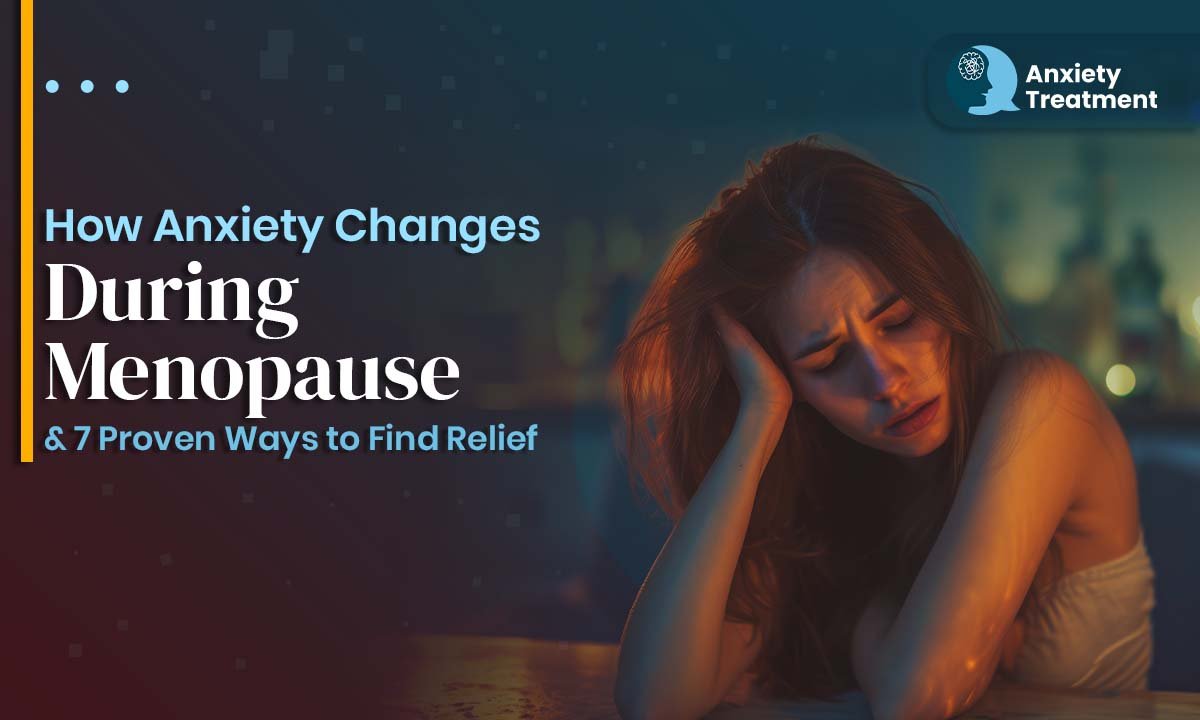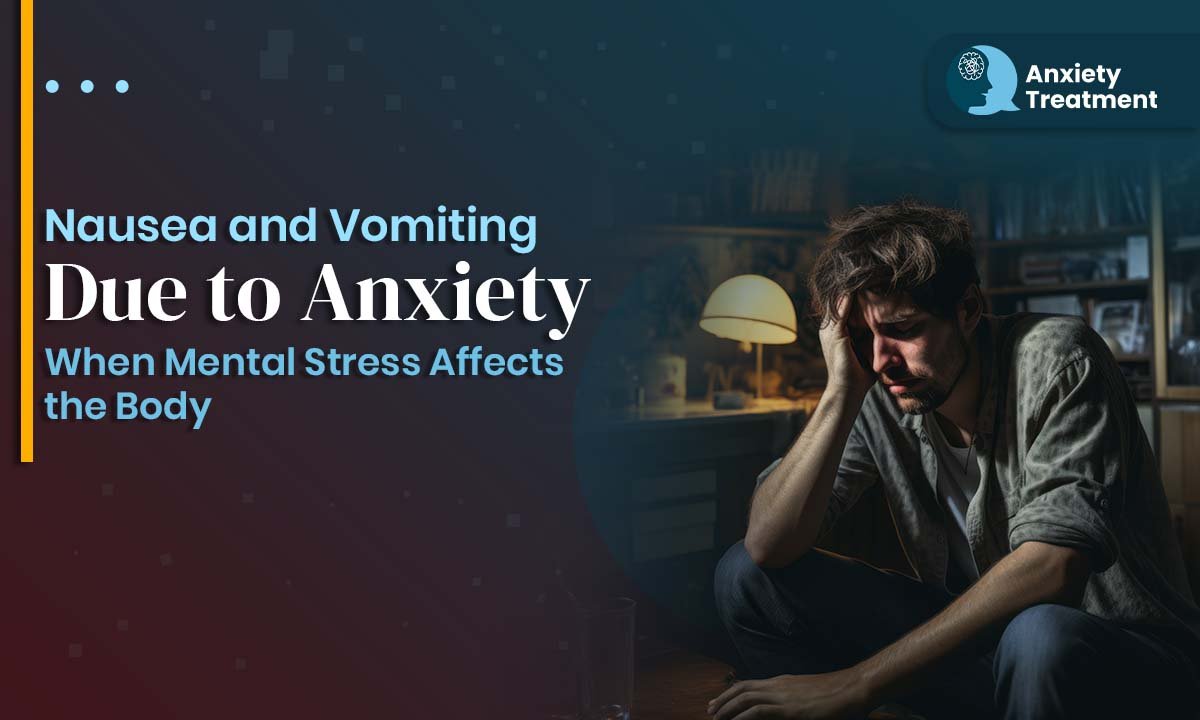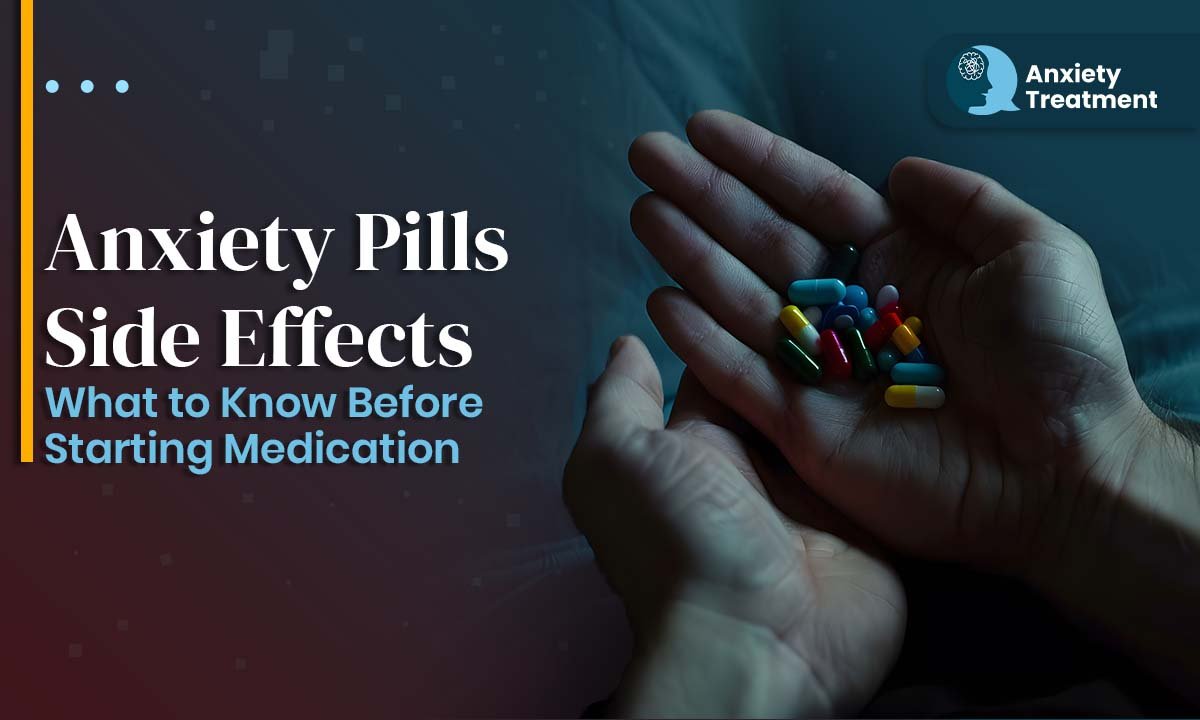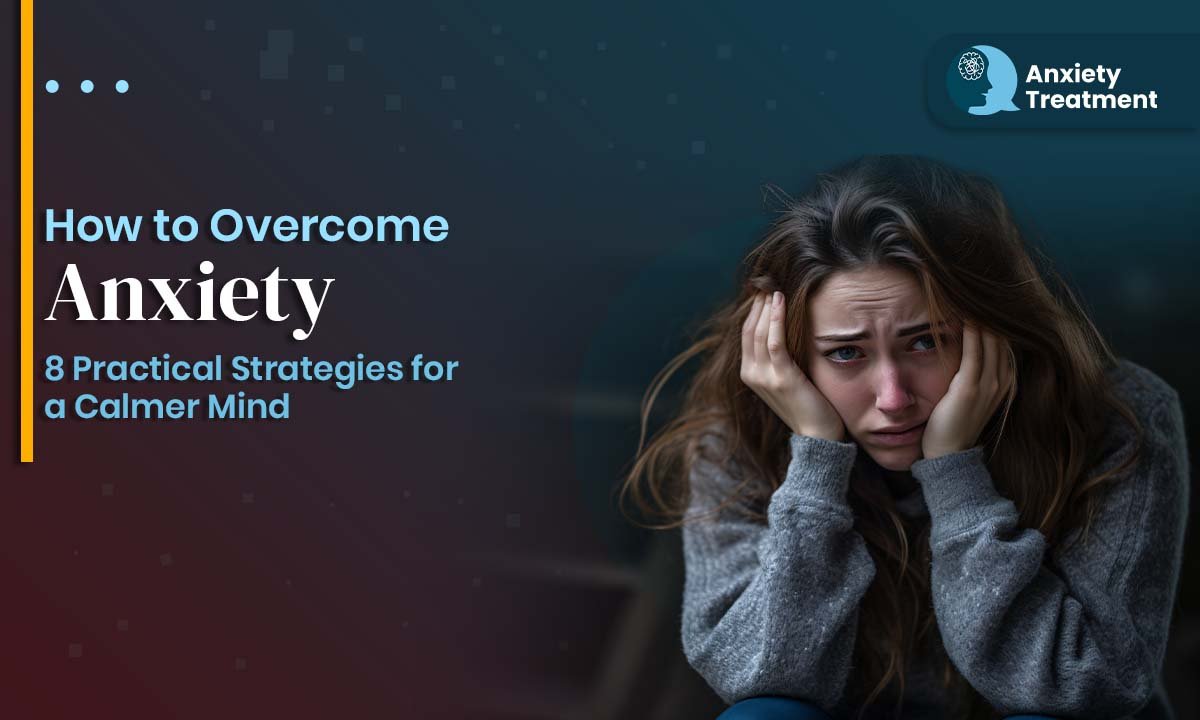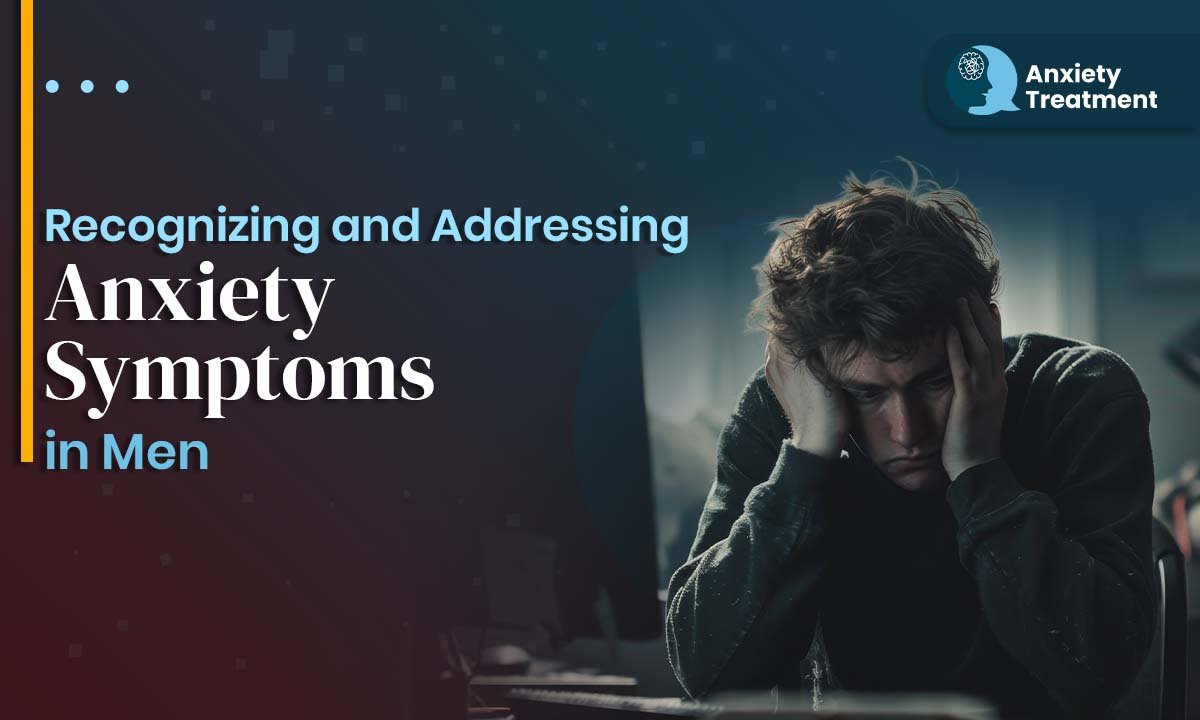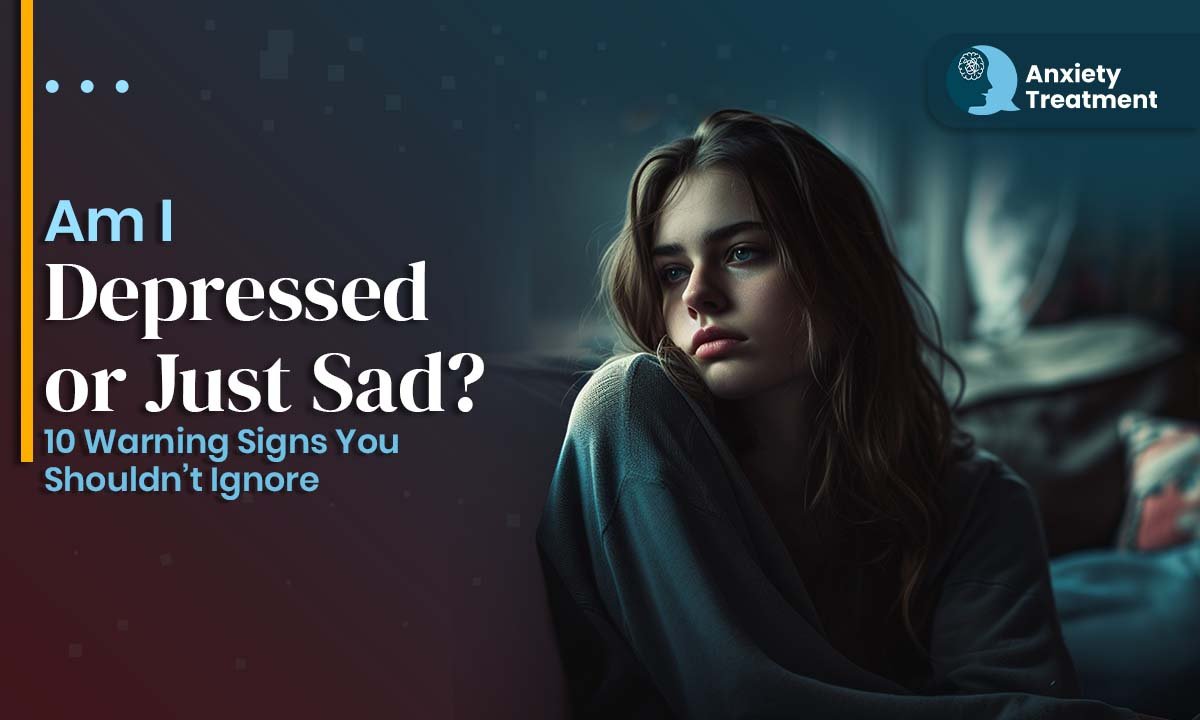Menopause is often associated with hot flashes, night sweats, and irregular periods but one of the most distressing and under-discussed aspects of this life stage is anxiety during menopause. For many women, feelings of unease, fear, or even panic can arise seemingly out of nowhere, leaving them confused and overwhelmed.
In this blog, we’ll explore how and why anxiety changes during menopause, the emotional and physical symptoms to watch for, and seven proven ways to find lasting relief naturally and holistically.
Understanding the Link Between Menopause and Anxiety
There is a strong connection between menopause and anxiety and the root cause often lies in shifting hormone levels. Estrogen and progesterone, two key female hormones, begin to decline during perimenopause (the transitional phase before menopause). These hormones play a role in regulating mood, sleep, and brain function.
When these levels drop, it can trigger hormonal changes and anxiety, especially in women who are already sensitive to fluctuations in mood, such as those with PMS or postpartum depression history.
These hormone changes affect neurotransmitters like serotonin and GABA, which are responsible for feelings of calm and emotional balance. When disrupted, it can lead to increased irritability, restlessness, or episodes of anxiety and panic.
How Anxiety Changes During Menopause
Unlike situational anxiety (caused by external stressors), anxiety during menopause often arises internally due to chemical changes in the brain. Women may notice that their usual coping mechanisms like rest or relaxation suddenly don’t work as well.
Here’s how anxiety may feel different during this stage:
- Sudden, unexplained panic or dread
- Racing thoughts and obsessive worrying
- Physical symptoms may include a racing heart, shortness of breath, or feelings of dizziness
- Sleep disturbances that fuel a cycle of fatigue and heightened anxiety.
- Feeling emotionally overwhelmed even with minor stress
This form of anxiety may begin in perimenopause, even before menstruation fully stops. In fact, perimenopause anxiety is often one of the first emotional signs of the transition.
Emotional Symptoms of Menopause You Shouldn’t Ignore
While every woman’s experience is different, the following emotional symptoms of menopause are commonly linked to hormonal shifts :
- Irritability or anger outbursts
- Mood swings and crying spells
- Increased sensitivity or emotional vulnerability
- Feelings of hopelessness or helplessness
- Social withdrawal or loss of interest in activities
These emotional symptoms can sometimes be mistaken for clinical depression or generalized anxiety disorder. But in many cases, they are tied specifically to hormonal changes and can be treated effectively when recognized early.
7 Proven Ways to Relieve Anxiety During Menopause
The good news? You don’t have to suffer in silence. There are natural and evidence-based ways to manage anxiety related to menopause that don’t involve harsh medications or long-term therapy (unless needed).
1. Stay Physically Active
Regular exercise improves mood by releasing endorphins and supporting overall hormone balance. Even 30 minutes of walking, yoga, or swimming can make a big difference.
2. Balance Your Nutrition
Focus on a diet rich in whole foods, especially those that support hormone production: leafy greens, nuts, seeds, omega-3 fats, and lean proteins.Limit excessive caffeine and sugar intake, as they may heighten anxiety symptoms and disrupt emotional balance.
3. Try Mindfulness and Meditation
Mindfulness techniques like breathing exercises and guided meditation have been proven to reduce cortisol (the stress hormone) and improve anxiety. Just 10 minutes a day can help center your thoughts and calm racing emotions.
4. Support Hormone Health Naturally
Consider plant-based remedies such as black cohosh, mica root, or evening primrose oil. These have been used to support women during hormonal transitions and may ease mood changes.
5. Get Quality Sleep
Sleep is a cornerstone of mental health. Create a calming bedtime routine, avoid screens late at night, and consider herbal sleep aids like magnesium or valerian root if needed.
6. Talk to a Mental Health Professional
If your anxiety becomes persistent or affects your daily life, speaking with a counselor or therapist can be transformative. Cognitive Behavioral Therapy (CBT) is especially effective for perimenopause anxiety.
7. Build a Supportive Community
Menopause can feel isolating, but you're not alone. Join support groups (online or offline) where women share their experiences.Sometimes, simply feeling heard and understood can help ease anxiety.
When to Seek Medical Support
While lifestyle changes can go a long way, it’s important to speak to your doctor if:
- Your anxiety interferes with work, sleep, or relationships
- You experience frequent panic attacks
- Symptoms persist for several months
- You have previously experienced anxiety or depression.
In some cases,doctors may recommend hormone replacement therapy (HRT) or low-dose anti-anxiety medication, but these should always be tailored to your individual needs and health profile.
Final Thoughts
Menopause is a powerful transformation both physically and emotionally. While menopause and anxiety often go hand in hand, understanding what’s happening in your body is the first step toward healing.
By recognizing the symptoms and making supportive changes, you can take back control and find a sense of calm again. Whether you're just entering perimenopause or deep into the transition, help is available and relief is possible.
Menopause is often associated with hot flashes, night sweats, and irregular periods but one of the most distressing and under-discussed aspects of this life stage is anxiety during

